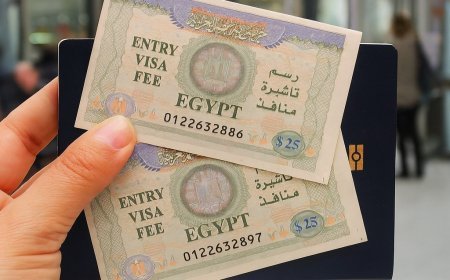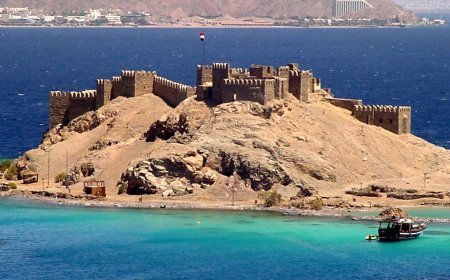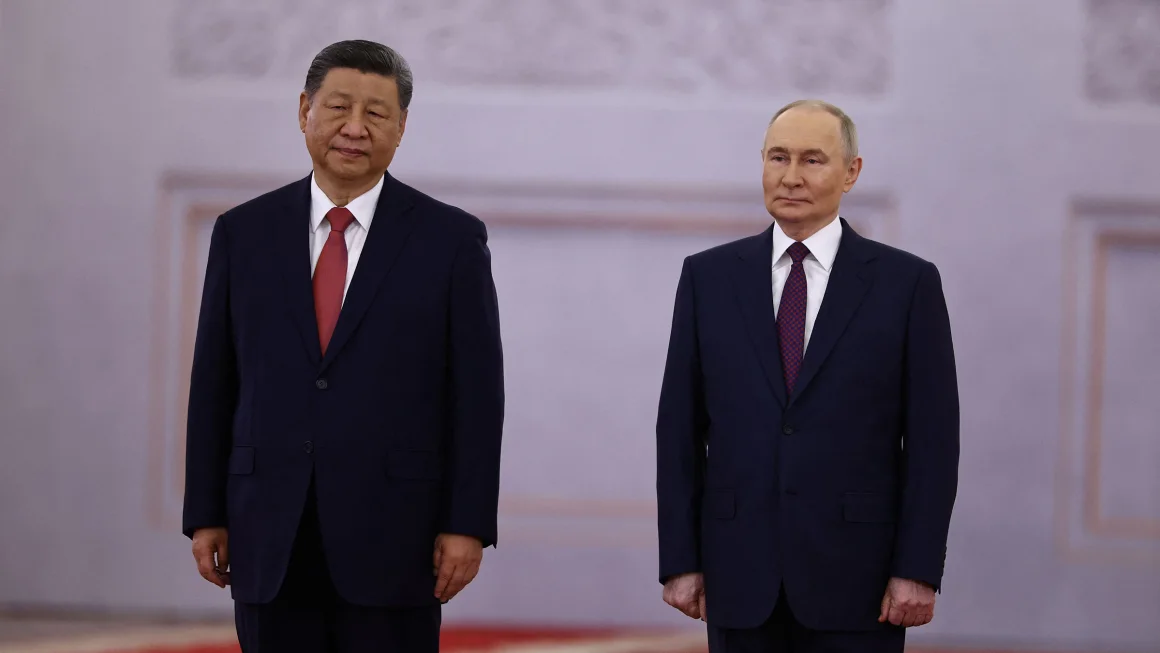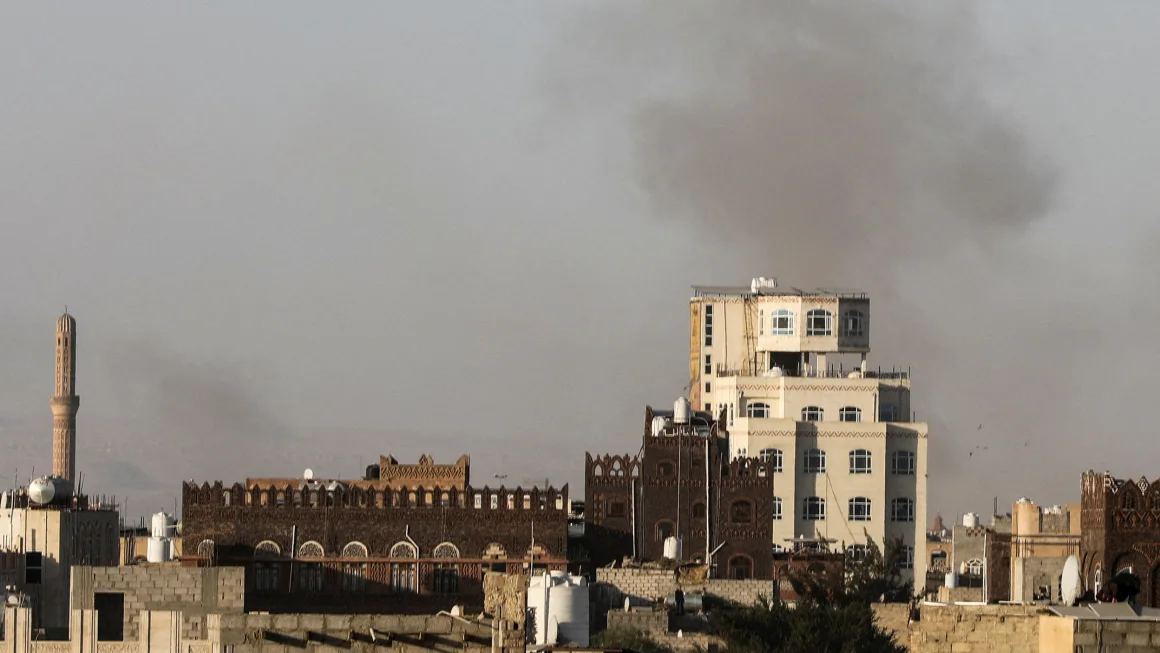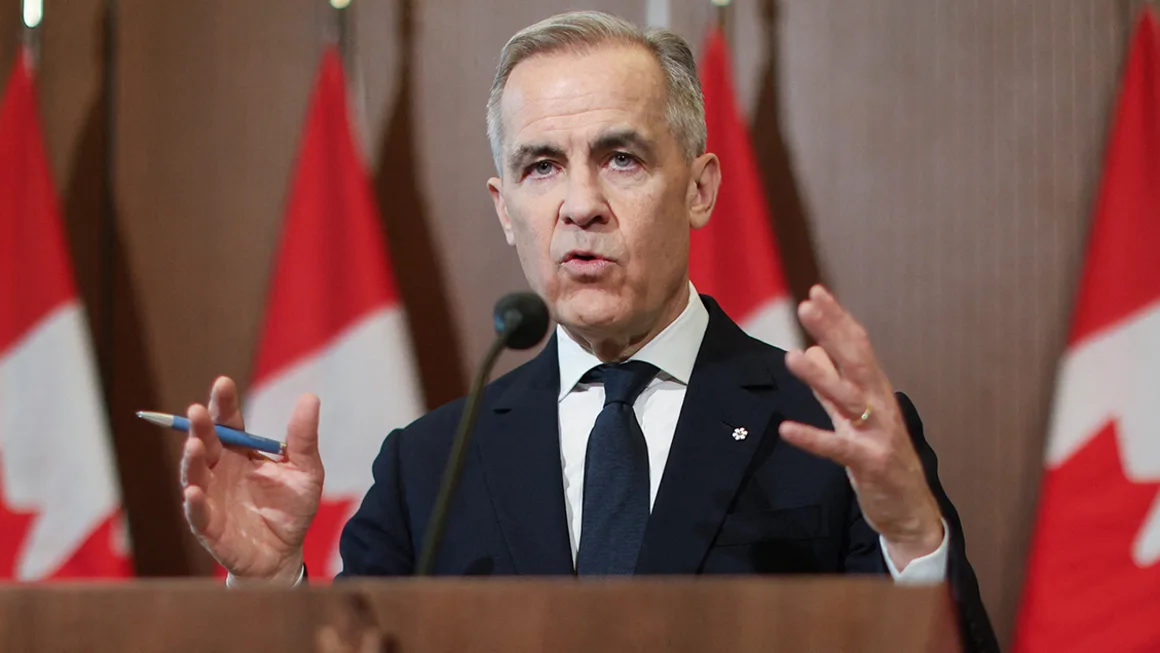Why these Gulf states want to be AI superpowers
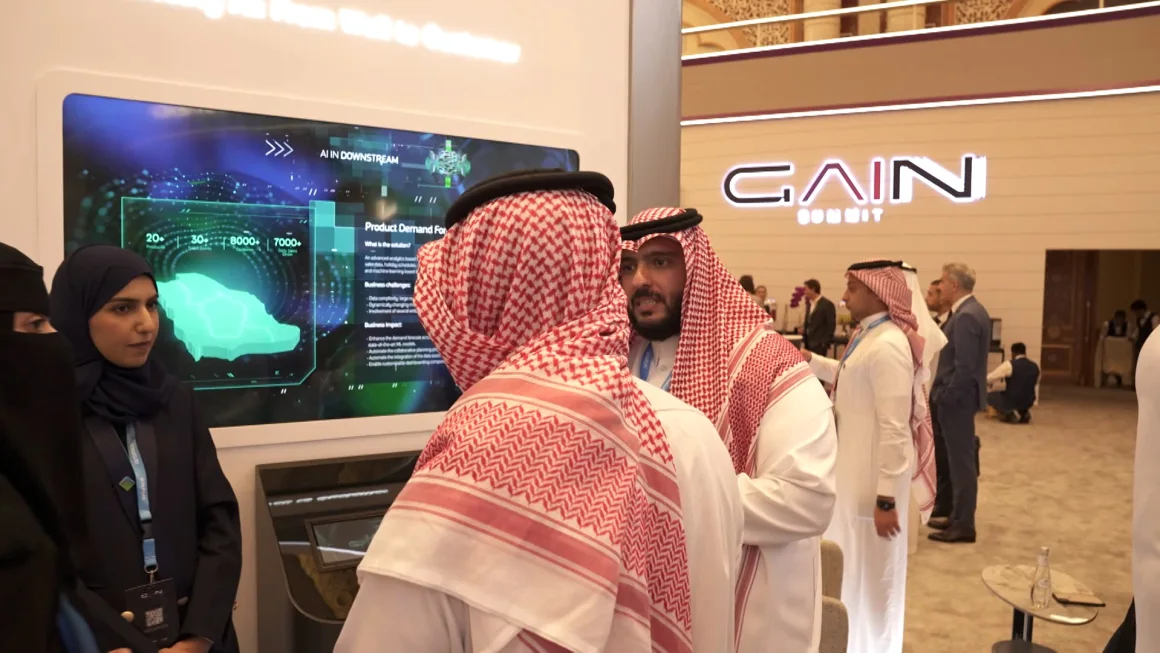
AI could contribute $320 billion to the Middle East by 2030, about 2 percent of the total global benefits, according to a report from consultancy PwC. “There’s huge investments going into (AI) in the Middle East,” said Stephen Anderson, Middle East strategy and markets leader at PwC, speaking to CNN at last week’s Global AI Summit (GAIN) in Riyadh, Saudi Arabia.
“Here in the region, people were much more prepared to experiment and get involved with AI than maybe some other parts of the world,” he added.
One issue around the rapid growth of AI is that it can be hugely energy intensive, and it is increasingly becoming a major source of greenhouse gas emissions. Google reported that its 2023 emissions were nearly 50 percent more than in 2019, which it partly attributed to the energy demands of AI. Energy demand from AI, data centers and cryptocurrencies could double by 2026, according to the International Energy Agency.
But Anderson believes that Gulf countries, whose economies are heavily dependent on fossil fuels, are well placed to become “major players” in the technology, and have the potential to make it greener.
“We’re at the center of the world when it comes to energy – not just old energy, but particularly new energy,” he said. “This is the lowest-cost place anywhere in the world to produce solar energy. So the opportunity to combine sustainability and energy with the computer power that’s required from an AI perspective is really important.”
Anderson pointed to the UAE, Qatar and Saudi Arabia as the region’s leading investors in AI.
As Saudi Arabia looks to cut its economy’s reliance on oil and gas, it has invested heavily in AI, which it says will help to realize the objectives outlined in its “Vision 2030” strategy, a government program to diversify the economy. According to a recent projection from the Saudi Data and AI Authority (SDAIA), which hosted the GAIN summit, AI will contribute 12 percent of its GDP by 2030, with the sector growing at an annual rate of 29 percent.
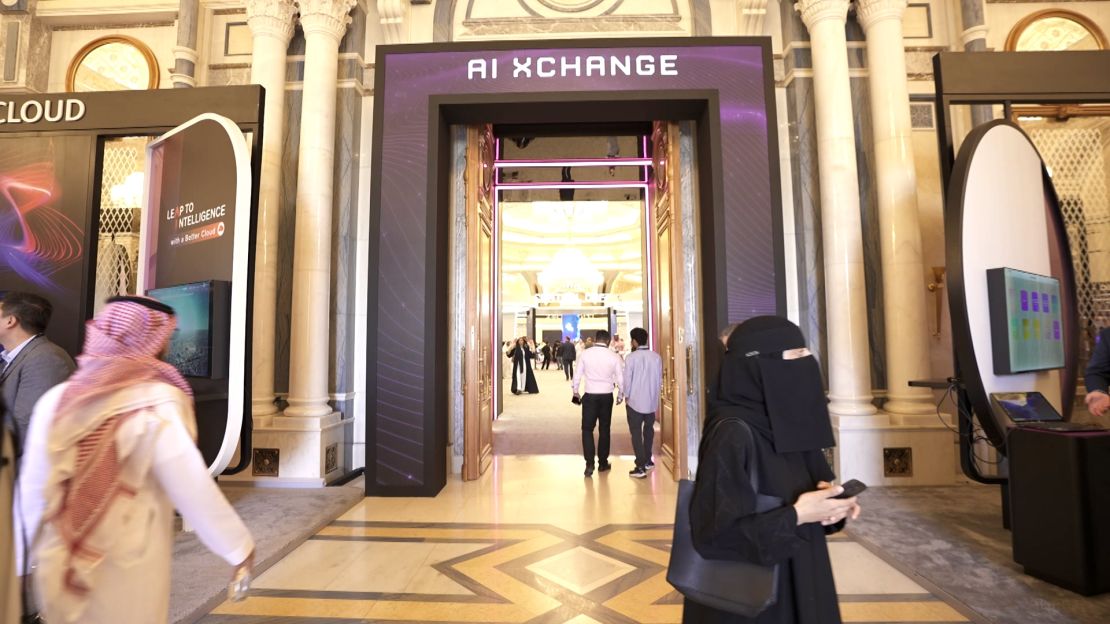
There have been significant efforts across the region to develop Arabic-language models trained on local datasets that capture the nuances of the language in a way that has been lacking on platforms like ChatGPT. Last year, the UAE unveiled a tool called Jais and Saudi Arabia has developed the Arabic chatbot ALLaM.
Last week, it was announced that ALLaM will be hosted on Azure, Microsoft’s cloud computing platform. This follows the news from earlier this year that it would also be accessible through IBM’s watsonx platform.
Nick Studer, CEO at management consulting firm Oliver Wyman Group, who attended the GAIN summit, said that the focus on Arabic language models could help Saudi Arabia compete with English-speaking markets that have an “underlying advantage” in the space because of the many large language models available
According to Studer, there are over half a dozen Arabic-based large language models in development in the country, focusing on a range of uses cases, from chat to governmental and corporate applications. “That combination of governmental and private sector entrepreneurialism may well lead to the development of an AI hub, particularly as the kingdom and the wider region seek to diversify their economies,” he said.
Challenge of governance
One of the major hurdles with the development of AI is public perception and governance: how should AI and data be regulated safely, securely, ethically and fairly?
During the summit, various policies were announced, including the launch of guidelines from the SDAIA addressing the responsible use of deep fakes, the unveiling of the Riyadh Charter for AI in the Islamic World, which establishes a framework for developing AI technologies in line with Islamic values and principles, and a global framework for AI readiness, led by the International Telecommunication Union.
Studer says a solid regulatory framework is essential for the future of AI.
“There are many concerns that go with the development of AI – not just privacy concerns, not just the risks of losing jobs, but also all the way up to national sovereignty if your economy starts to rely on a set of tools which are built outside of your control,” he said. “It is critical that we have sensible regulation in place.”
The post Why these Gulf states want to be AI superpowers appeared first on Egypt Independent.
What's Your Reaction?
 Like
0
Like
0
 Dislike
0
Dislike
0
 Love
0
Love
0
 Funny
0
Funny
0
 Angry
0
Angry
0
 Sad
0
Sad
0
 Wow
0
Wow
0
